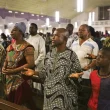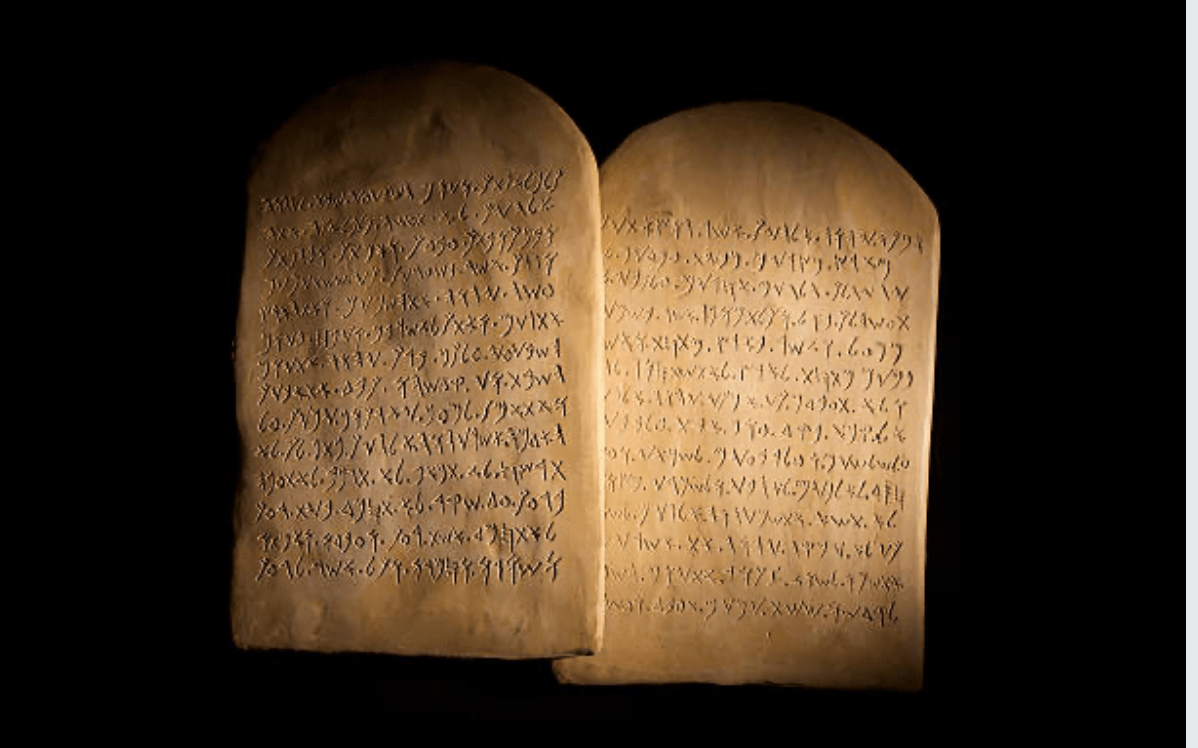I have been working with aspiring leaders and those desiring to take their mental wellness to the next level for quite some time now, and the theme that stayed with me as I reflected on what could be possible in their lives is the word “Potential“. Potential is a fascinating subject, but it’s worth nothing if you don’t put it to work. To perfectly utilize your God-given potential, you have to believe in yourself. You must practice a possibility thinker’s ten commandments to believe in yourself.
Robert Schuller, the author of the famous book “Tough Times Never Last, But Tough People Do”, outlined those commandments we must obey if we desire to flourish in life. As an undergraduate, I posted those commandments on the back of the door of my room, and I always read them before I went out for the day. Schuller, as a kid growing up, dreamed of pastoring and building a church that would be all glass and crystal clear for anyone worshipping to see through the sky. He imagined a situation where, when he prayed to God, there wouldn’t be any barrier between him and his visual accessibility to God. The Crystal Cathedral was built and dedicated in 1980 for $18 million, the equivalent of about $51 million today, despite being raised in an impoverished background.
Here are Schuller’s ten commandments:
- You will never vote no to any idea because “it’s impossible.”
- You will never block a helpful thought because it entails a problem or wait until you find a solution to every problem.
- You will never oppose a possibility because you’ve never done it and can’t imagine how it could be done.
- You will never obstruct a plan because it runs a risk of failure.
- You will never cooperate in defeating a potentially good suggestion because you see something wrong with it.
- You will never squelch a creative idea because no one else has succeeded in perfecting it.
- You will never declare any constructive concept to be impossible because you lack the time, money, brains, energy, talent, or skill to exploit it.
- You will never discard a plan or project just because it’s imperfect.
- You will never resist a proposal because you didn’t think of it, you won’t personally benefit from it, or you may not live to see and enjoy it.
- You will never never quit because you’ve reached the end of the rope. Tie a knot and hang on.
The central idea here is that we can consistently achieve whatever we want to do regardless of prevailing circumstances. As a self-directed, self-driven learner, one of my goals is to set aside time for reflective thinking. I believe that this is the birthplace of possibility thinking thoughts in my life, and it can certainly be yours as well. Possibility thinking is hard work, so many people would rather avoid it than engage in it. Do yourself a favor by following these ten commandments of a possibility thinker.
Through the School of Transformational Leadership programs, I hope to inspire every individual I work with to think reflectively and imagine what could be possible for them by themselves and transform their lives for the better. You can aspire to become a certified climbing companion by taking our personal leadership transformative journey to become one of the transformational leaders motivated to transform our broken culture. Contact us and talk to an enrollment specialist now!
Editor’s Note: An excerpt from my soon-to-be-published book “Creed to Grace Therapy” – By Olusegun Osineye.












